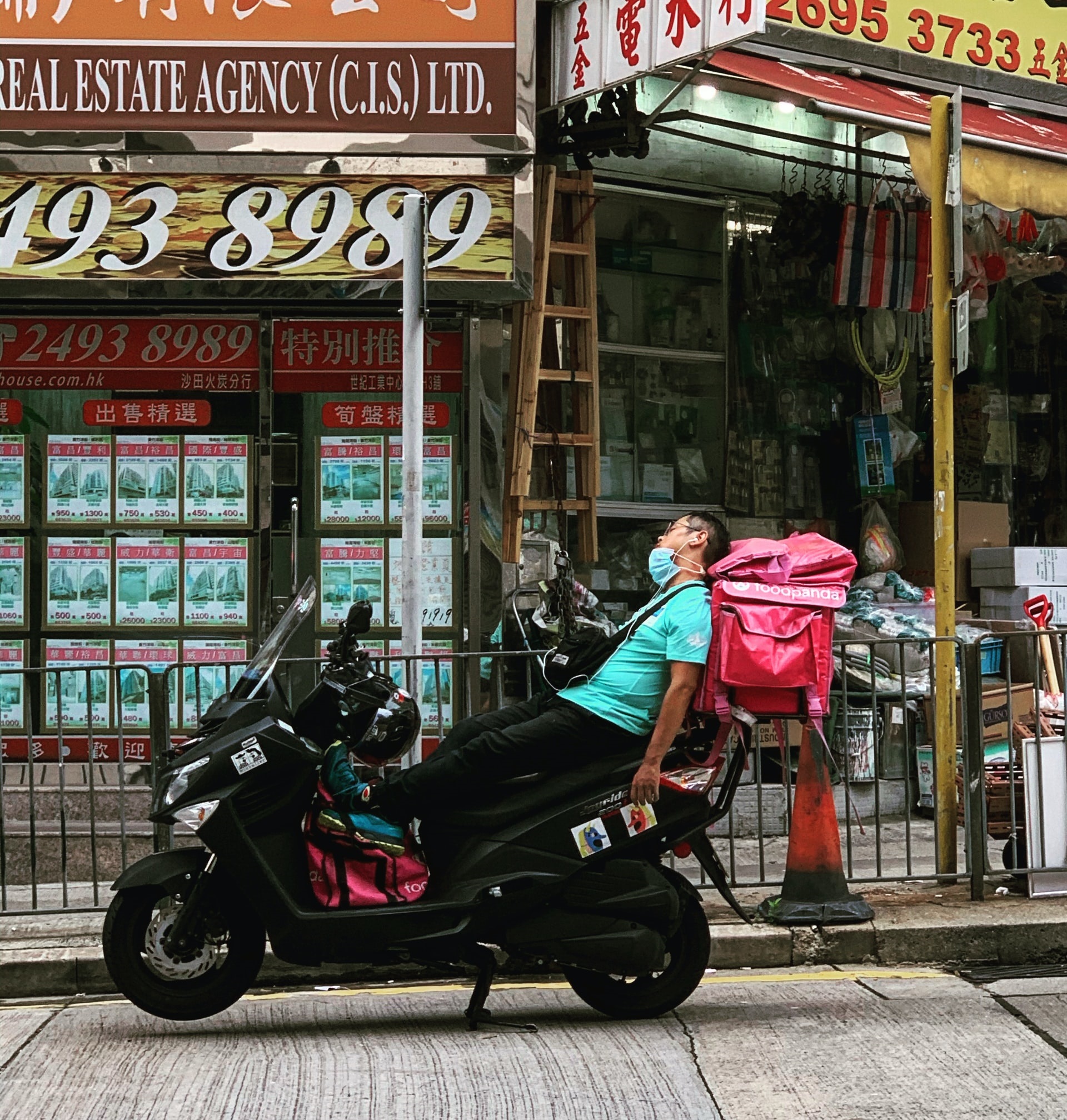China orders food delivery firms to pay minimum wage

Food delivery platforms in China are being required to improve pay, employee rights, and working conditions for their delivery drivers. As part of a broader set of regulations imposed on the technology industry, online food delivery services will need to pay their drivers at least the local minimum wage and provide social insurance protection and increased health and safety provision according to a statement released by the Chinese government’s press agency and reported by Bloomberg.
According to the statement released by state-owned Xinhua Net, “Employers should ensure that food delivery workers earn no less than the local minimum wage ...The ‘strictest algorithm’ should not be used as an assessment requirement and the delivery time requirements should be appropriately relaxed ... Platforms should participate in social insurance programs for the food delivery personnel they employ, and people working for other types of employers are encouraged to join also.” Food delivery platforms will also be required to provide improved health and safety protection through improved traffic safety measures and the development of technology to protect drivers such as smart kiosks and smart helmets.
The policy change is part of a wider campaign to increase regulation of the digital economy including moves to reduce entertainment monopolies, improvements in labor protection, worker safety provisions, and the safeguarding of consumer data through the Personal Information Protection Law planned for autumn 2021. The announcement of broader labor force protection for employees in the food delivery sector influenced significant sell-offs of technology stocks, including China’s major food delivery platform, Meituan, with investors already shaken by the recent surprise announcement that all organizations in the private tutoring sector will be registered as not-for-profit, no longer allowing private or international investment.
In his IZA World of Labor article, Tim Gindling states, “In urban China, where minimum wages are low relative to median wages and compliance with minimum wages is high, an increase in the minimum wage pulls more people out of poverty than it pushes in, leading to a modest decrease in overall poverty. The reduction in poverty is greatest if the minimum wage increase applies to a female household head.”
However he warns, “Higher minimum wages do not affect all low-income households the same way: minimum wages pull some households out of poverty, but may push others into poverty.”
Read Tim Gindling’s article, “Does increasing the minimum wage reduce poverty in developing countries?”
Find curated IZA World of Labor content (articles, commentary, and videos) on the subject of minimum wages.